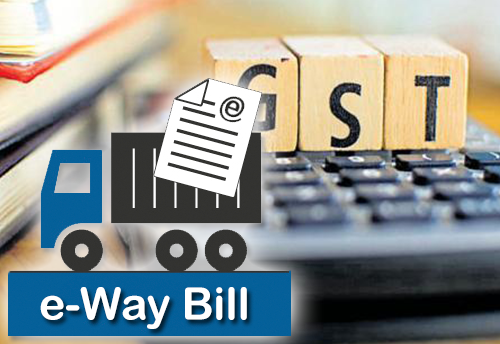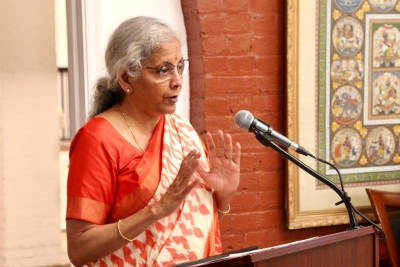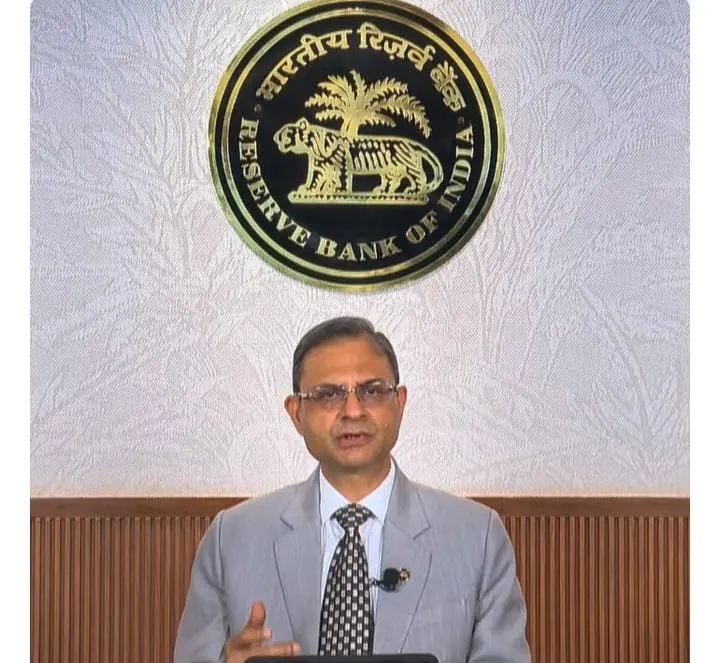NEW DELHI, Apr 14: Tax authorities have asked field officers to follow standard procedure for interception of conveyances for inspection of goods and their confiscation under the e-way bill rules.
The Central Board of Indirect Taxes and Customs (CBIC) has laid out a detailed procedure with respect to time bound uploading of reports/ forms by revenue authorities, time bound closure of cases where goods have been detained, instructions to release goods where there are no prima-facie irregularities.
This would “ensure uniformity” in the procedure of interception or conveyance for inspection of goods, detention, seizure, and release and confiscation of such goods and conveyances, the CBIC said in a circular.
The e-way bill rules rolled out from April 1 require businesses and transporters to produce before a GST inspector an electronic way bill for moving goods worth over Rs 50,000 from one state to another.
Rollout of e-way bill for intra-state movement of goods in five states — Uttar Pradesh, Gujarat, Andhra Pradesh, Telangana and Kerala — is slated from tomorrow.
As per the circular, the jurisdictional commissioner shall designate an officer to conduct interception and inspection of conveyances and goods in the jurisdictional area.
It said the officer, empowered to intercept and inspect a conveyance, may intercept any conveyance for verification of documents and/or inspection of goods
“On being intercepted, the person in charge of the conveyance shall produce the documents related to the goods and conveyance. The officer shall verify such documents and where, prima facie, no discrepancies are found, the conveyance shall be allowed to move further,” it said.
E-way bill in the form of print out, SMS or written on invoice would be considered as valid.
In case any discrepancy is found in the documents or where the officer intends to undertake inspection, a statement of the person in charge of conveyance shall be recorded.
An order, requiring the person in charge of conveyance to station conveyance at the place mentioned in such order and allow inspection of goods, may be issued.
However, within 24 hours of such order, the proper officer is required to prepare a report and upload the same on GST portal, the circular said.
The inspection proceedings shall in general be completed within three working days from date of issue of order, post which a report of inspection of conveyance and goods shall be served on person in charge of conveyance.
Final report of inspection shall also be uploaded on the GST portal within three days of such physical verification, the circular said.
The goods and conveyance shall be released only when the owner of goods or a person so authorised makes payment of tax and penalty. The goods and conveyance can also be released on furnishing of bond along with security in form of bank guarantee equal to total amount payable.
Where tax and penalty is not paid within seven days from the date of issue of detention order, a notice can be served proposing confiscation of goods and conveyance and imposition of penalty.
Further, where proper officer is of the view that movement of goods is being effected to evade payment of tax, the officer may directly issue a notice for confiscating the goods and conveyance, it said.
PwC Partner and Leader Indirect Tax Pratik Jain said, “While it has been clarified that e-way bill number available either in the form of a printout, or SMS or even written on invoice shall be considered as valid, the acceptability of same by officers at ground level needs to be seen.”
EY India Tax Partner Abhishek Jain said it is expected that e-way bill inspections may not entail unwarranted hardships to businesses.
AMRG & Associates Partner Rajat Mohan said the circular should percolate down the chain and thereby streamlining detentions and seizures and pushing out an informal way of dealing things on the road.






